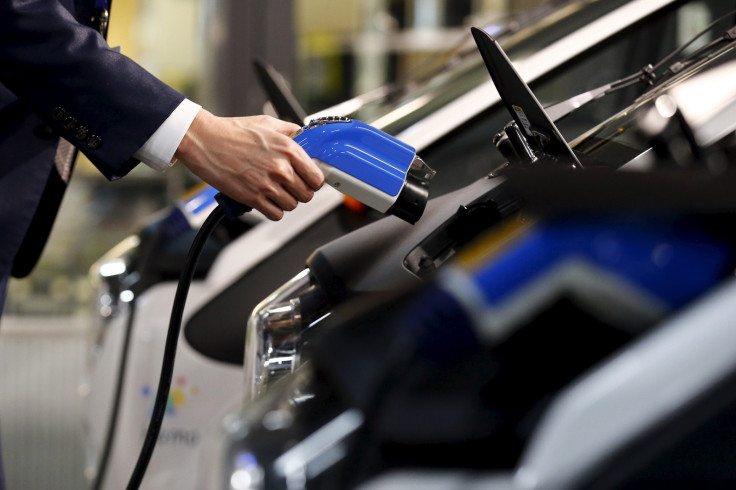Qualcomm helps wireless electric car-charging edge closer to reality

A future where electric cars are charged wirelessly from wherever they are parked has taken a step closer to reality, as Qualcomm allows its Halo chargers to be produced and supplied by other companies.
Best known for producing smartphone processors, Qualcomm has licensed its Halo wireless car chargers to Swiss electric car parts maker Brusa, which will now begin developing, manufacturing and supplying the chargers to other companies. The move will be both a profitable one for Qualcomm, and one which will accelerate the vision of car parks and even roads covered in wireless chargers.
The Halo chargers were recently used to top up the batteries of the BMW i3 and i8 course cars during the first Formula E championship for electric race cars, which concluded in London in June. Qualcomm hopes by licensing its technology to other companies, the rollout of wireless car chargers will stretch to the general public soon.
Steve Pazol, vice president and general manager of wireless charging at Qualcomm, said in a statement: "We are excited with our licence agreement with Brusa...Halo licensees can bring to market highly efficient, fit-for-purpose [electric vehicle charging] systems which allow convenient charging and improve the EV driver's user experience."
'We are determined to make wireless charging a reality'
Josef Brusa, CEO of Brusa Elektronik, said: "Wireless charging will win, it will give e-mobility a big boost, it will set new, sustainable technology apart from old gasoline-based technology. We are determined to make wireless charging a reality...we are excited about the potential of wireless charging."
Although the immediate future will see electric cars charge wirelessly by parking over a platform, it is hoped that the technology could be expanded to appear on roads, with motorways offering special lanes which charge electric vehicles as they drive by. For now, the potential of adding wireless charging to parking spaces is an attractive one. They cannot charge any more quickly than plugging in, but would remove the need for carrying around and attaching bulky charging cables.
If wireless charging could become as commonplace as Wi-Fi hotspots, then the electric car will become a much more attractive option than it and its limited, confusing and sometimes-broken charging network is today.
© Copyright IBTimes 2025. All rights reserved.






















